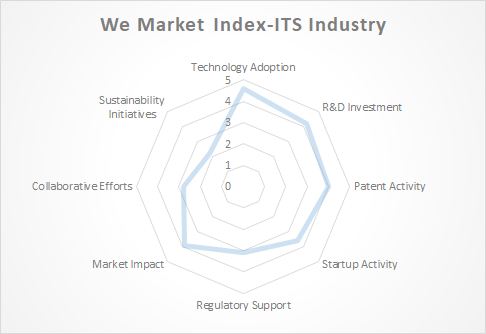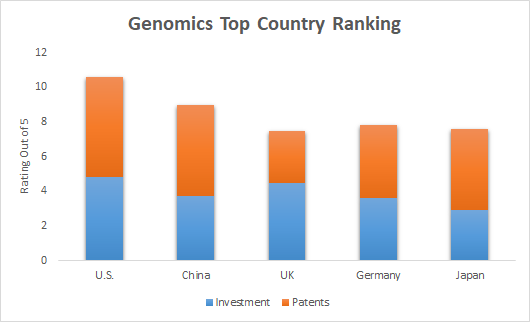The Green Revolution: A Deep Dive into the Plant-Based Protein Industry
In recent years, a significant
shift has occurred in the world of food and nutrition. People are increasingly
turning to plant-based diets for health, environmental, and ethical reasons.
This shift has sparked a rapid growth in the plant-based protein industry. In
this blog, we'll explore the plant-based protein industry, its rise to
prominence, and the factors driving its growth.
Plant-Based Protein: The Basics
Plant-based protein refers to
protein derived from plant sources like legumes, grains, nuts, seeds, and
vegetables. This protein is a vital component of plant-based diets, and it has
become a popular choice for not only vegetarians and vegans but also for
flexitarians and health-conscious consumers.
The Rise of Plant-Based Protein
Several key factors have
contributed to the rapid rise of the plant-based protein industry:
1. Health Consciousness: Many people are becoming more
health-conscious and seeking alternatives to meat, which is often associated
with health concerns like saturated fat and cholesterol. Plant-based proteins
offer a healthier option with lower saturated fat content.
2. Environmental Concerns: Concerns about the environmental impact of
meat production, including greenhouse gas emissions, deforestation, and water
usage, have prompted consumers to seek more sustainable protein sources.
3. Ethical and Animal Welfare: Increased awareness of animal welfare
issues in the meat industry has driven consumers to explore plant-based
alternatives that align with their ethical values.
4. Culinary Innovation: Plant-based protein manufacturers have made
significant strides in replicating the taste and texture of traditional meat
products, making them more appealing to a broader audience.
5. Celebrity Endorsements: High-profile endorsements and investments
from celebrities and athletes have contributed to the plant-based protein
industry's visibility and popularity.
The Plant-Based Protein Landscape
The plant-based protein industry
encompasses a wide range of products, including:
1. Plant-Based Meat Alternatives: These products aim to mimic the
taste and texture of traditional meats and are used in dishes like burgers,
sausages, and meatballs.
2. Plant-Based Dairy Alternatives: This category includes milk,
yogurt, cheese, and ice cream made from plant sources like almonds, soy, oats,
and coconut.
3. Plant-Based Protein Powders: Popular among athletes and fitness
enthusiasts, these powders are used to make shakes and protein-rich smoothies.
4. Plant-Based Snacks: Products like protein bars, chips, and snacks
have also seen an increase in plant-based options.
Market Growth and Investment
The plant-based protein market industry
has experienced impressive growth. Major food companies, such as Beyond Meat,
Impossible Foods, and Oatly, have seen substantial investments and have
expanded their product lines to meet the increasing demand. This growth is not
limited to North America but has also gained traction in Europe and Asia.
Challenges and Future Outlook
While the plant-based protein
industry has made significant strides, it still faces challenges. These
include:
1. Cost: Some plant-based protein products can be more expensive than
their animal-based counterparts.
2. Taste and Texture: Despite improvements, some consumers still find
plant-based alternatives lacking in taste or texture compared to traditional
meat or dairy products.
3. Nutritional Balance: Ensuring that plant-based diets are
nutritionally balanced can be a concern, especially for individuals who exclude
multiple food groups.
Despite these challenges, the
plant-based protein industry's future looks promising. As technology and
innovation continue to drive improvements in taste and nutrition, and as
environmental and health concerns persist, plant-based proteins are likely to
become an even more prominent and sustainable part of our diets.
In conclusion, the plant-based protein industry
represents a significant shift in the way we approach nutrition and food
choices. It's a testament to our growing awareness of the impact of our diets
on our health and the planet. As the industry continues to innovate and expand,
we can anticipate even more exciting developments and a wider array of delicious
and sustainable plant-based options in the years to come.




